Central venous catheter material

“As long as external stress forces generated by surrounding structures and focused on potential weak points are avoided, both silicone and polyurethane materials provide sufficient structural stability to serve as reliable vascular access for patients” Wu et al (2021).
Infusion pump pressure sensing alarms

“In single pumps, both the regression and SD algorithm considerably reduced alarm delay compared to conventional pressure limit-based detection. The SD algorithm appeared to be more robust than the regression algorithm” Doesburg et al (2021).
CVC related thromboembolism prevention

“Primary thromboprophylaxis significantly reduced the risk of VTE without increasing the risk of major bleeding complications in patients with cancer and CVC” Li et al (2021).
Blood exposure reduction – Full Text
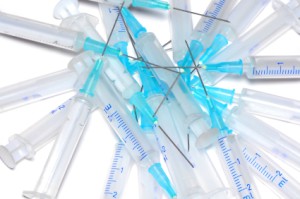
“Considering all the potential means of blood exposure (needle stick injury, sharp medical equipment injury, and blood splash) while excluding blood-free body-fluids” Reda et al (2021).
CRBSI rate and time of day CVC inserted

“Off-hours did not increase the risk of intravascular catheter infections compared to on-hours” Buetti et al (2021).
Vascular access performance in haemodialysis patients
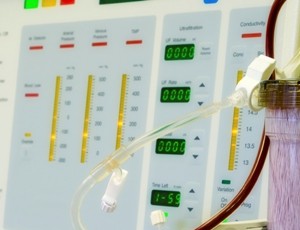
“The vascular access monitoring system improved the vascular access score as well as some clinical and dialytic parameters” Mazzaferro et al (2021).
Elastomeric pumps and self administration

“The OPAT program in Harris Health system, the county hospital system of Houston, Texas, United States, has implemented a disposable elastomeric continuous infusion pump (eCIP) for self-administered intravenous antibiotics (s-OPAT) since December 2018” Karimaghaei et al (2021).
Unnecessary CVC removal

“Unnecessary device removal due to suspected infection presents a substantial clinical problem which is costly for the healthcare organisation and time-consuming for clinicians and places the patient at an increased risk of iatrogenic complications” Pearse et al (2021)
Vascular access team peripheral IV insertion outcomes – Full Text

“Factors identified, including the protective aspect of vascular access team insertion, and high catheter failure associated with intravenous antibiotic administration, will allow targeted updates of peripheral intravenous catheter guidelines and models of care” Marsh et al (2021).
PICC insertion by vascular surgeons
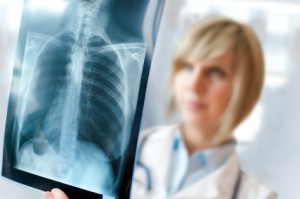
“In trauma patients, ultrasound-guided PICC insertion at the bedside by experienced vascular surgeons at the trauma ICU was feasible compared to fluoroscopy-guided insertion performed by interventional radiologists” Choi et al (2021).
Preventing CLABSI in burn patients
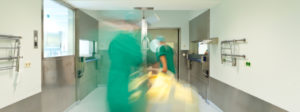
“Related research conclusions showed that new materials, multidisciplinary cooperation, and comprehensive preventive measures had good effects on prevention of central venous CRBSI in burn patients” Chen et al (2021).
Peripheral IV standards in pediatrics

“Nonconformities were identified regarding hand hygiene, use of a disposable mask, selection of the catheter insertion site, antisepsis, stabilization and catheter coverage” Santos et al (2021).
Chemotherapy PICC and patient anxiety – Article retracted

Article retracted
Blood collection devices in oncology – Full Text
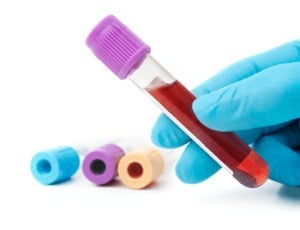
“Subjects in an oncology clinic preferred phlebotomy with the 25-gauge UltraTouch Push Button system, and samples using this device had less hemolysis as assessed by plasma hemoglobin” Merrill et al (2021).
Antibiotic timing in ITU
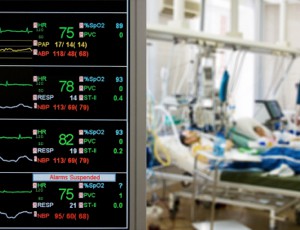
“The timing of antibiotics in patients with life threatening infections including sepsis and septic shock is now recognized as one of the most important determinants of survival for this population” Kollef et al (2021).
Home parenteral nutrition
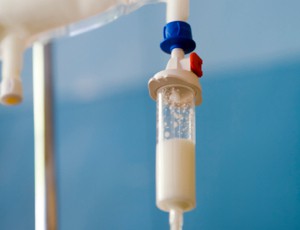
“We aimed to determine how the underlying diagnosis, complications and survival had changed over the last 36 years in the UK’s largest IF centre” Oke et al (2021).
Central line insertion and maintenance bundle

“Following the implementation of a comprehensive bundle of interventions for CVC insertion and maintenance, we found a reduction in rates of CLABSI” Wei et al (2021).
In-plane ultrasound guided vascular access
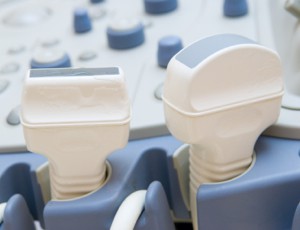
“A novel competency-based teaching system was constructed in a step-by-step manner, which improved needle tip visualization and puncture accuracy, with a higher success rate” Kikuchi et al (2021).
OPAT delays during COVID-19

“We recently conducted a study to assess factors delaying the discharge of hospital patients to OPAT services” Staunton et al (2021).
Peripheral IV catheter placement in children

“The focus of this article is to identify and encourage best practice for pain mitigation in peripheral I.V. catheter placement in children” Schott et al (2021).
IV drug administration in neonatal emergencies

“Medication errors in neonatal emergencies are common. Strategies to reduce such errors should be implemented in settings where neonates may require emergency care or resuscitation” Nguyen et al (2021).
PICC in ICU update
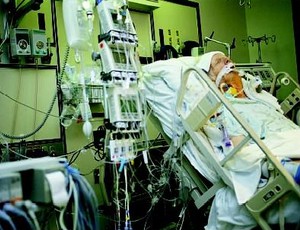
“The choice of the CVAD should be based on unique clinical considerations and current scientific evidence, not on fears informed by antiquated data” Pinelli et al (2021).
PICC related fungal colonization

“The ROC curves showed that the risk increased after 15 days of antibiotic use and 28 days of parenteral nutrition infusion. Appropriate clinical management should be used to prevent fungal colonization and fungemia” Zhang et al (2021).
Accidental air administration from IV fluid bolus – Full Text

“Fatal cerebral air embolism can occur through peripheral intravenous routes when the lines are inadequately primed and fluids administered with pressure” Santucci et al (2021).
PICC complications in pulmonary hypertension

“In patients with PH treated with intravenous epoprostenol, both Hickman and PICC catheters were associated with high rate of complications” Hinojosa et al (2021).
PICC removal and single dose of vancomycin

“A single prophylactic dose of vancomycin prior to PICC line removal might reduce clinical sepsis events in infants” Yan et al (2021).
PICC lumen number and CLABSI rates

“The results show that CLABSI rates were not significantly different between patients with triple-lumen or double-lumen PICCs” Varabyeva et al (2021).
Intraosseous access by nurses

‘In the Paris Fire Brigade, in the context of cardiac arrest, the nurses have the greatest reported experience of intraosseous infusion” Gelé et al (2021).
Accidental injection of chlorhexidine – Full Text
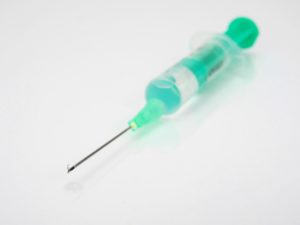
“The anesthetist, mistaking the same as heparin–saline solution, inadvertently injected undiluted 2 mL (40 mg) of chlorhexidine gluconate solution intravenously while flushing a central venous catheter port” Dogra et al (2021).
POCUS for CVC position confirmation

“The intervention is a deimplementation programme called DRAUP (deimplementation of routine chest radiographs after adoption of ultrasound-guided insertion and confirmation of central venous catheter protocol) that will be created to address one unnecessary imaging modality in the acute care environment” Ablordeppey et al (2021).

